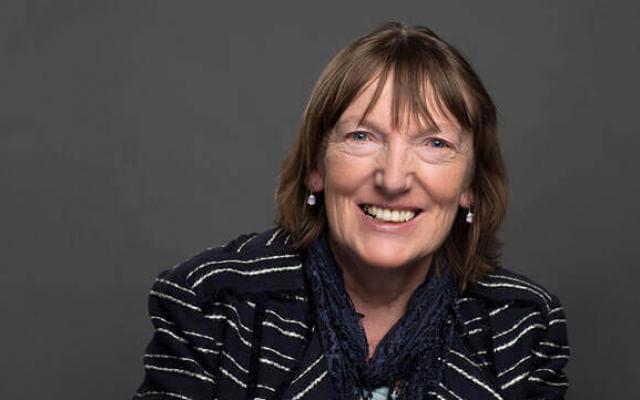
Between 1790 and 1860, over 20 Black abolitionists visited Ireland where they lectured and helped to build a strong transatlantic anti-slavery movement. For many, including Frederick Douglass, it was a ‘transformative’ experience, feeling both safe and equal for the first time in their lives. But how did these men and women, many of whom were not only self-emancipated, but self-educated, survive? What strategies did they use? Through an ingenious retelling of their stories using a variety of original approaches, these abolitionists proved adept at negotiated barriers, creating opportunities, and taking risks, even though failure could prove to be life-threatening.
This talk will explore the visits of a number of Black abolitionists to Ireland and show how they developed innovative ways to tell their own stories.
Watch the webinar on YouTube [1:01:02]
Watch more Keller videos on YouTube
About the Speaker
Dr. Christine Kinealy is a Professor of History and Founding Director of Ireland's Great Hunger Institute at Quinnipiac University. She is a graduate of Trinity College Dublin, where she completed her doctorate on the introduction of the Poor Law to Ireland. She then worked in educational and research institutes in Dublin, Belfast and Liverpool.
She has published extensively on the impact of the Great Irish Famine and has lectured on the relationship between poverty and famine in India, Spain, Canada, France, Finland and New Zealand. She also has spoken to invited audiences in the British Parliament and in the U.S. Congress.
Based in the United States since 2007, she was named one of the most influential Irish Americans in 2011 by "Irish America" Magazine. In 2013, she received the Holyoke, Mass. St. Patrick's Day Parade's Ambassador Award. In March 2014, she was inducted into the Irish America Hall of Fame.
More about the History and Legacy of Black Entrepreneurship in the United States speaker series
Who can attend?
Open to the public and the campus community.
Contributions to and/or sponsorship of any event does not constitute departmental or institutional endorsement of the specific program, speakers or views presented.